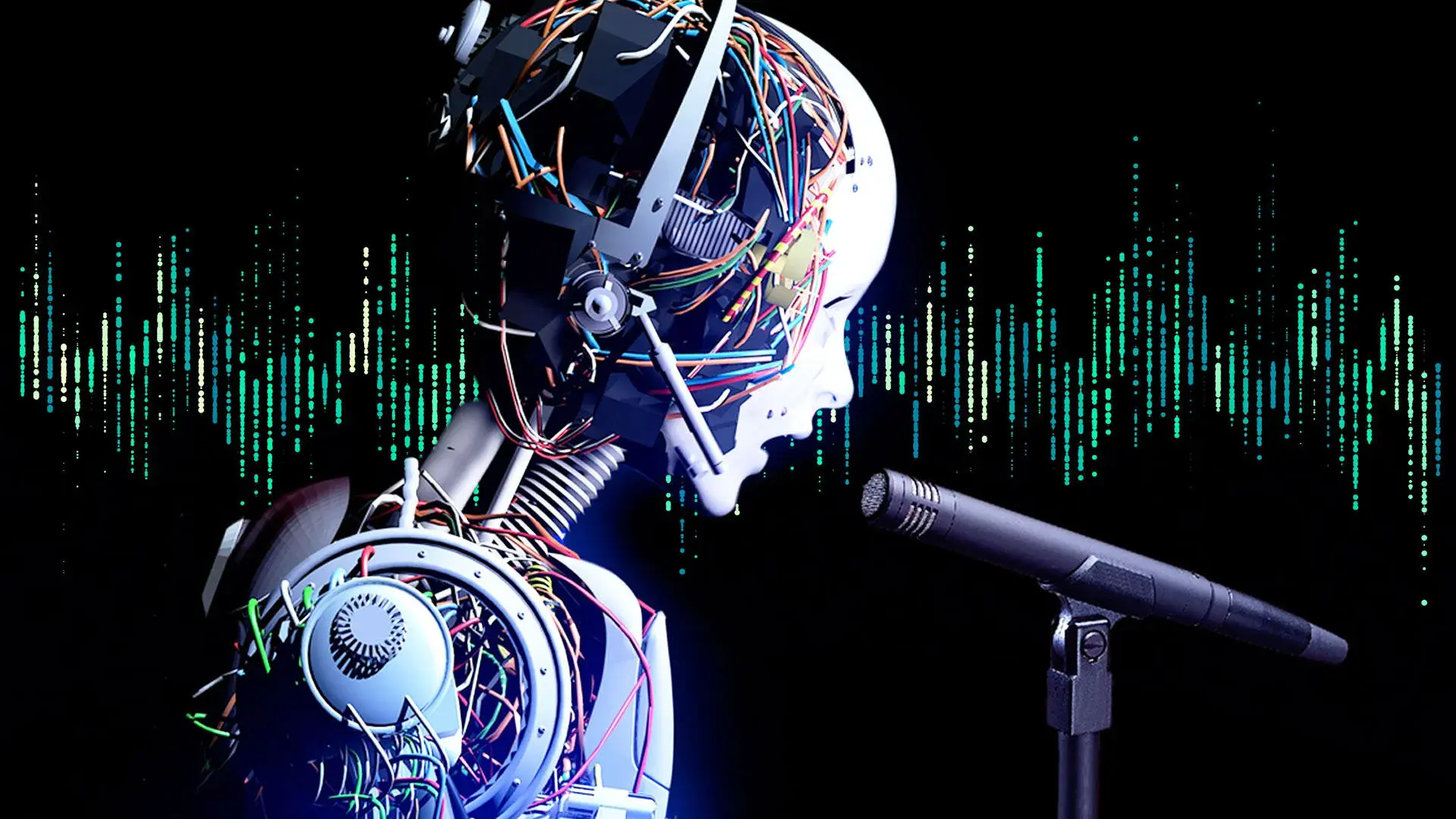In the rapidly advancing world of artificial intelligence, AI voice generators have emerged as one of the most revolutionary tools, significantly transforming how we communicate, create content, and interact with technology. From personal assistants like Siri and Alexa to the latest AI-driven customer service bots, voice generation technology has come a long way, becoming more sophisticated, human-like, and versatile. As of 2024, the latest developments in AI voice generation are pushing the boundaries of what we thought possible, offering new opportunities and raising critical ethical considerations.
What is an AI Voice Generator?
An AI voice generator software tool uses machine learning and natural language processing (NLP) to convert text into spoken language. These tools mimic human speech, capturing nuances like tone, pitch, and rhythm to create realistic-sounding voices. Early versions of AI voice generators were often robotic and monotonous, but today’s technology has advanced to the point where AI-generated voices can be almost indistinguishable from human speech.
Latest Developments in AI Voice Generation
The field of AI voice generation has seen significant advancements in recent years. Companies like Google, Microsoft, and OpenAI have been at the forefront of these developments, continuously refining their models to produce more natural and expressive speech.
1. Improved Naturalness and Emotion: One of the most notable advancements in AI voice generation is the ability to convey emotions and adapt to different speaking styles. Modern AI models can now modulate their tone to express emotions like happiness, sadness, or urgency, making interactions more engaging and realistic. This is particularly beneficial for industries such as entertainment, where AI voices are used for dubbing, voiceovers, and even creating entirely new characters.
2. Multilingual and Multidialect Support: With globalization, the demand for AI voice generators that support multiple languages and dialects has increased. Recent updates have seen the integration of more languages and dialects into AI models, allowing for more inclusive and diverse applications. For instance, Google’s WaveNet and OpenAI’s GPT models now support a wide range of languages, making AI voice technology accessible to a global audience.
3. Real-time Voice Cloning: Voice cloning technology has also seen substantial improvements, enabling the creation of personalized voices that can mimic a specific individual’s speech patterns with high accuracy. This has exciting implications for content creators, businesses, and accessibility tools. For instance, individuals who have lost their speaking ability can use AI to recreate their voice, offering a new level of personalization and emotional connection.
4. Ethical Considerations and Responsible AI: As AI voice generation technology becomes more advanced, it raises ethical concerns. The potential for misuse, such as deepfake audio, has prompted calls for stricter regulations and ethical guidelines. Companies are now focusing on developing responsible AI, ensuring that voice generators are used ethically and transparently. For example, watermarking AI-generated voices or requiring explicit consent for voice cloning are some measures being implemented to safeguard against misuse.
The Future of AI Voice Generators
AI voice generators are poised to become even more integrated into our daily lives. With advancements in real-time processing, we can expect more interactive and dynamic voice assistants that can engage in natural, two-way conversations. Additionally, integrating AI voice technology with augmented reality (AR) and virtual reality (VR) is set to create immersive experiences in gaming, education, and remote work.
In conclusion, AI voice generators have evolved from simple text-to-speech tools to sophisticated systems capable of creating lifelike, emotionally resonant voices. As this technology continues to develop, it will undoubtedly open up new possibilities for communication, creativity, and accessibility while also challenging us to navigate the ethical implications of such powerful tools. The future of AI voice generation is not just about making machines sound like humans—it’s about enhancing how we connect with the world around us






